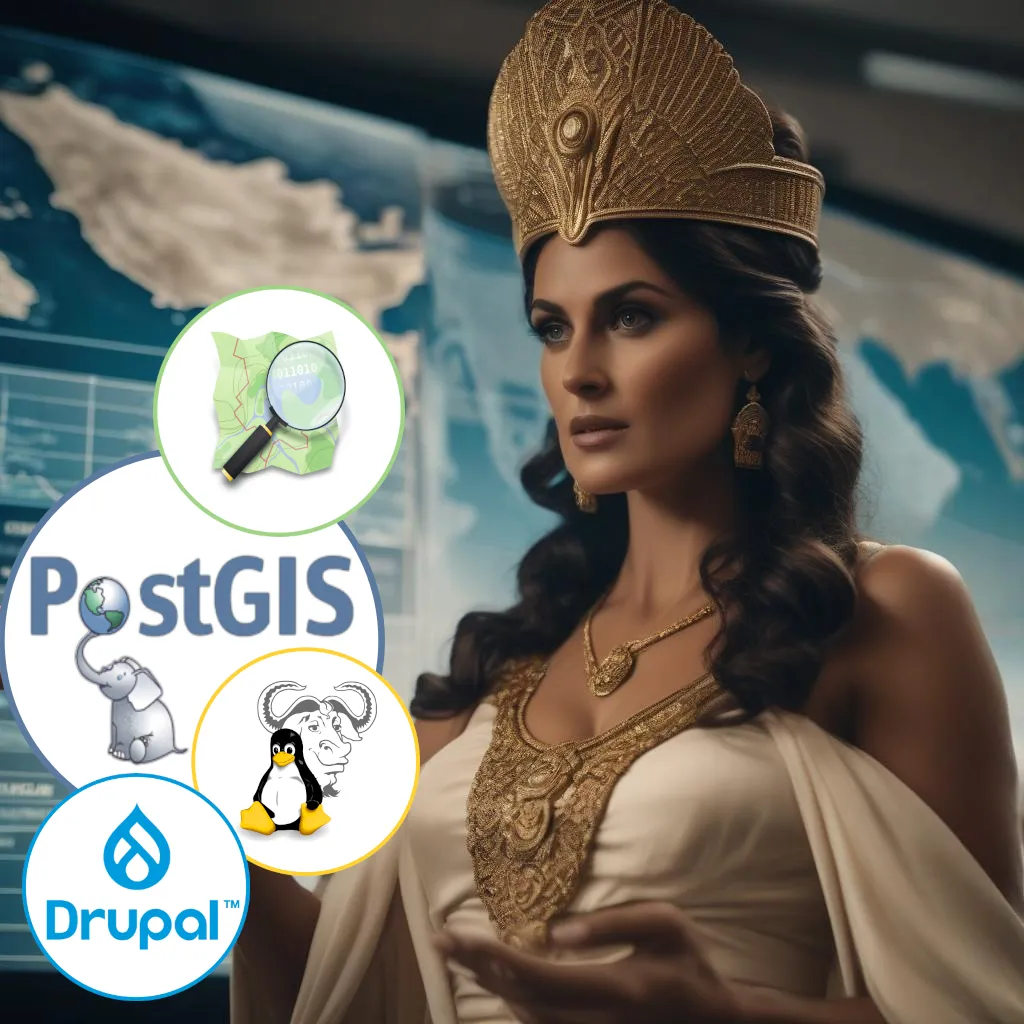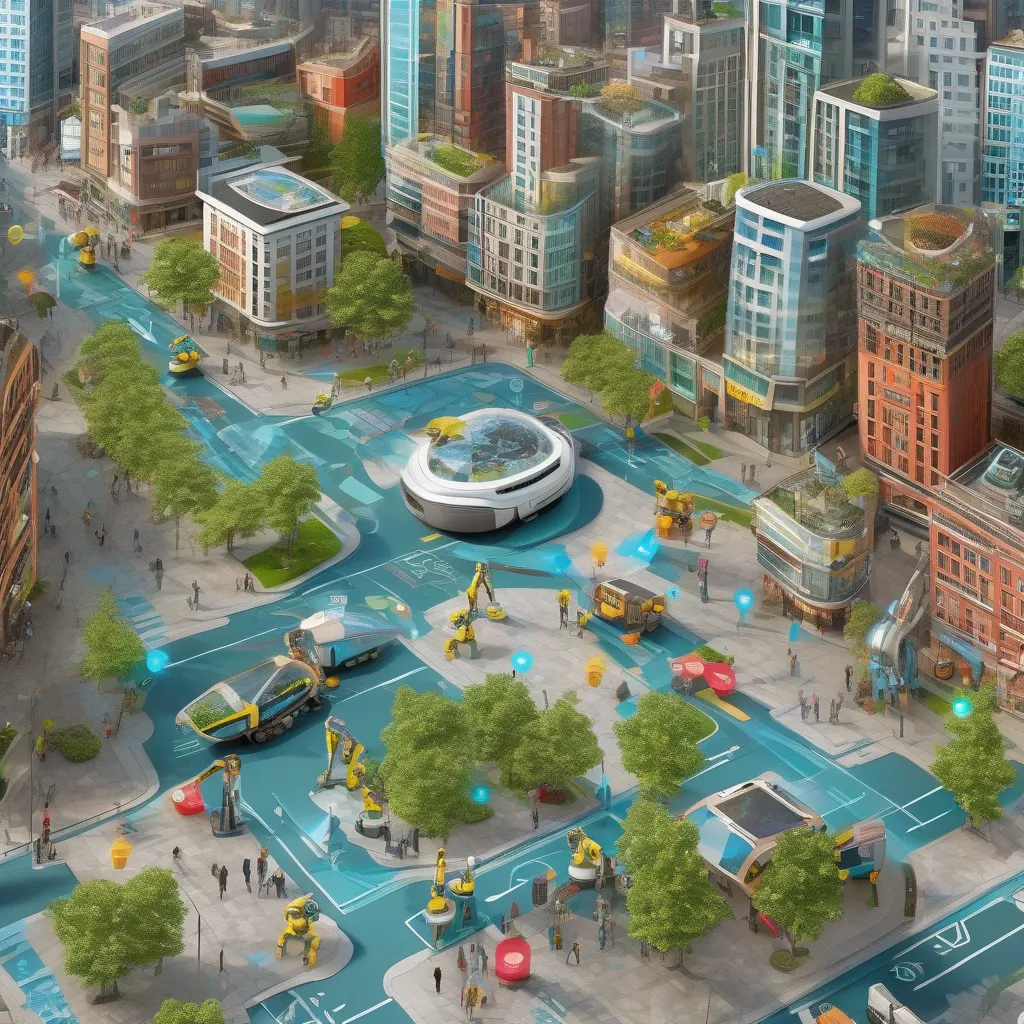
The global climate crisis is undeniably one of the greatest challenges we face today. As responsible citizens, it is essential to explore innovative ways to minimize our carbon footprint and mitigate the adverse effects of climate change. In this post, we delve into how free software can play a pivotal role in the fight against climate change.

As we continue to push boundaries in the realm of cutting-edge technology, we take a moment to reflect on two remarkable milestones within the world of freedom. The 23rd birthday celebration of Drupal and Wikipedia are significant events that remind us of the power and potential of free software & open data.

In recent years, the concept of smart cities has gained significant attention. These are metropolises that embrace and integrate information technology in their planning and management to improve infrastructure and the quality of life for their citizens. At the core of these intelligent urban environments is geospatial data - data related to spatial contexts such as location, shape, or proximity.

Free and open source web GIS projects have revolutionized the way we interact with geographical data and mapping. They are freely available to anyone who wishes to use, study or develop new tools and applications. This democratization of geospatial information has transformed not only scientific research but also daily life by empowering individuals to access location based services easily.

Since a lot of Drupal developers commented in favor of DDEV as the recommended Drupal local development environment, we started adapting to use DDEV. The thing is, nobody really remembers what “DDEV” stands for, it might be “Docker development” or it might have been “Drud development” and it is really familiar for the people in tech business.

